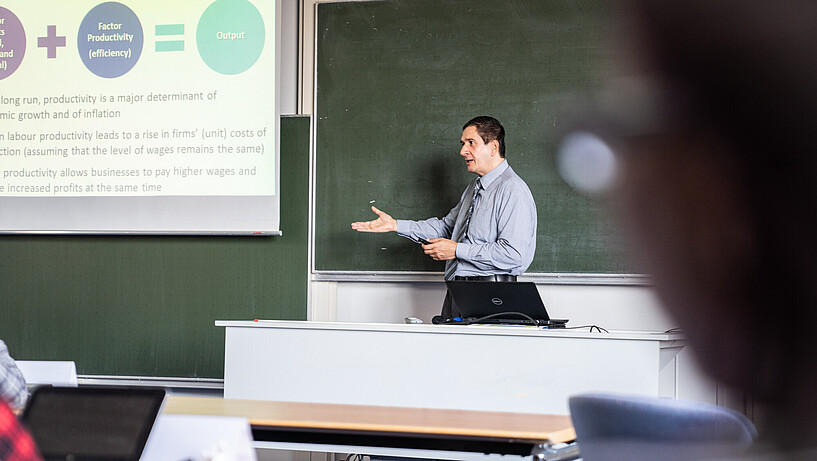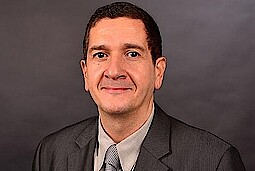The Intergovernmental Panel on Climate Change's (IPCC) Assessment Reports have been published since the 1990s and warning since that time about the consequences of climate change. Does the current report contain anything fundamentally new?
Prof. Dr. Dr. Walter Leal: In the 1990s, the IPCC reports were not well known. Today they are an important instrument with a central influence on decisions about climate change policy around the world.
The findings of the current IPCC report show that global weather patterns are changing. Even here in Europe we are in no way immune to climate change, as the fires in southern Europe and the floods in central Germany have clearly shown. These are just a few examples of the changes in the global weather and water cycles that we will see more often in future, because the systems are no longer as stable as they used to be. This is a consequence of changing climate conditions. And these changes are dangerous because no one knows exactly how and when the resulting extreme weather events will take place.
Can you describe your responsibilities as a lead author of the most recent global climate report?
Walter Leal: I was the lead author of Chapter 8, which deals with poverty, livelihoods and sustainable development. More specifically, my contribution examines how climate change is impacting poverty and the pursuit of sustainable development. I also contributed to the chapters 7 and 8, which cover climate change, health and Africa.
My role as lead author was to support the researcher teams with their examination of studies and analyses, and to contribute new ideas and my own perspectives. I also proofread the texts and tried to correct errors and fill in any blanks in order to communicate a clear message. The aim is to ensure that the contributions have such a strong scientific foundation that they are as free as possible of subjective opinions, polemics and ambiguities.
Your chapter is focused on the issues of poverty and climate change. The countries of the Global South are demanding that the budget for measures to adapt to the consequences of climate change be increased by 50 per cent. Are there any proposals for this?
Walter Leal: Wealthy countries such as the USA and many European countries are hesitant to provide more financial support without a guarantee that the recipient countries will be more committed to climate protection. But limiting climate change is not just the responsibility of established industrialised countries. New and emerging economies also need to make a concrete contribution – especially countries like China, South Africa and India – so that efforts in one part of the world aren't undermined by uncurbed emissions in another part of the world. At the UN Climate Change Conference (COP26) in Glasgow last November, the poorer countries complained that the US$100 billion per year pledged in Paris in 2015 to fight climate change has not been provided. So there is no financial basis with which to implement adaptive climate measures, which are urgently necessary.


